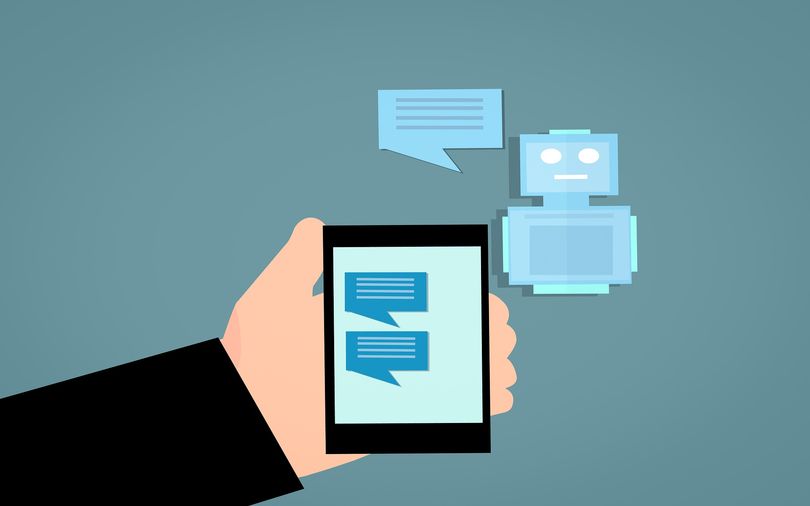
How Haptik’s chatbots are helping large enterprises keep customers engaged


Since June this year, chatbot platform Haptik has been working with Kishore Biyani-led Future Group to make shopping more interesting for customers of one of the country’s biggest brick-and-mortar retailers.
Haptik has integrated its artificial intelligence-powered chatbots with Future Pay, the digital wallet app of the Future Group. This has enabled the owner of hypermarket chains Big Bazaar and HyperCity to engage 300,000 unique users. Future Pay now claims that 50% of users who chat once come back again. In addition, its retention rate — the number of people who keep the app installed after a certain period — has increased by a fifth.
Haptik uses proprietary MLAI (machine learning and artificial intelligence) algorithms to build chatbots for its clients. In the case of Future Pay, the chatbots are deployed on the wallet’s Android and iOS platforms.

"We started with chatbots long before they were hot in the market," Haptik co-founder and chief technology officer Swapan Rajdev told TechCircle. “Our bots help enterprises reduce customer support cost, generate better leads on potential clients and drive sales.”
For Future Pay, the startup has developed two products — a quiz chatbot and a shopping list chatbot. The first one serves up a set of general knowledge quizzes each day and consumers stand to win big prizes if they top the charts.
“The short, chat-based nature of the quiz makes the gameplay compelling while encouraging repeat usage,” said Rohitashwa Bhotica, general manager at Future Pay.

The shopping list chatbot claims to enhance the buying experience by offering an intuitive way of maintaining a shopping list and also schedules reminders to go shopping.
“Since going live in June, the bots have resulted in 100,000+ monthly unique user traffic,” Bhotica added.
Since being founded about six years ago, Haptik has built similar chatbots for enterprise customers such as Samsung, KFC, P&G, Tata Group, Amazon Web Services, ICICI Bank, The Times of India, Viacom18, Dream11, Edelweiss Tokio, Club Mahindra, and IIFL.

The company provides end-to-end solutions across the spectrum of what it dubs conversational AI. It charges a one-time fee for building the bot and also provides lifetime maintenance and quality assurance to the client.
“There's a feedback loop which goes on to improve the chatbot with time. We make sure that the bots are improving consistently. Our relationship is never ending with our clients as there is always a room for improvement," said Rajdev.
The company claims that it currently reaches over 100 million devices every month. It had raised $1 million in a first round of funding from Bengaluru-based venture capital firm Kalaari Capital in September 2014.

In April 2016, it raised an undisclosed sum in a Series B round from Times Internet Ltd, the digital business arm of media conglomerate Bennett Coleman and Co. Ltd. The round also saw Kalaari exit the company.
Rajdev, a former software engineer at marketing software firm Radius Intelligence Inc, said Haptik is planning to expand in the international market with a focus on the US, given that it is the biggest market for enterprise software and software adoption.
Apart from this, the company is also exploring opportunities in other English-speaking and non-English speaking geographies like the UK and the Asia-Pacific region.

On the domestic front, Haptik competes with chatbot developers such as Kore.ai, Senseforth, Gupshup, Mindtree, and Freshchat, among others.
According to a report by IT lobby NASSCOM, India is one of the most attractive chatbot markets in the world in terms of total startup funding. It says the country has 150-plus chatbot startups, out of which 27 have received funding over the past five years.
Haptik is looking to tap an opportunity that appears to be getting more lucrative over time.

A report from market research firm Gartner estimated that nearly a quarter of customer service and support operations will integrate virtual customer assistants (VCA) including chatbot technology across engagement channels by 2020. This will represent a significant jump as less than 2% of such operations used this technology in 2017.
